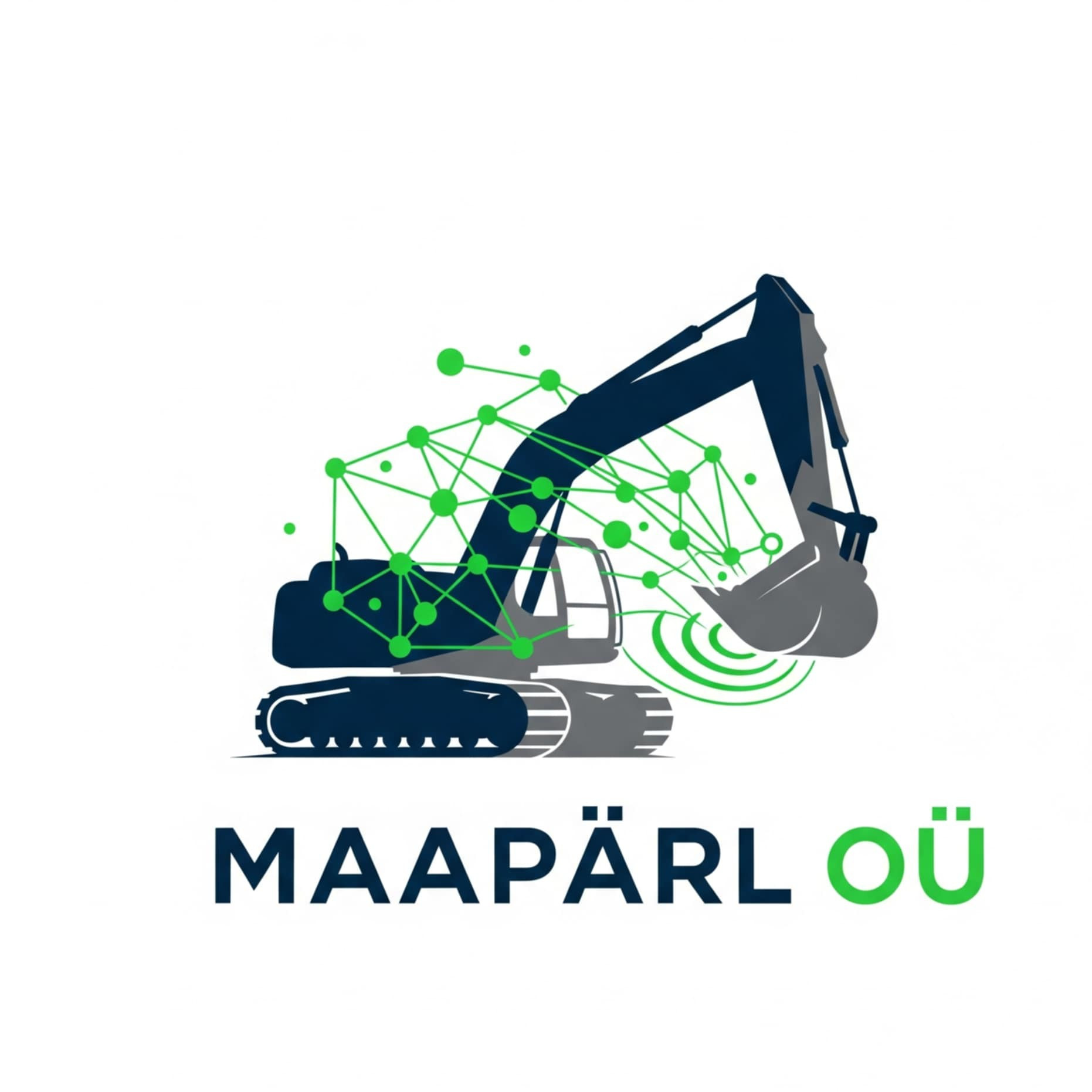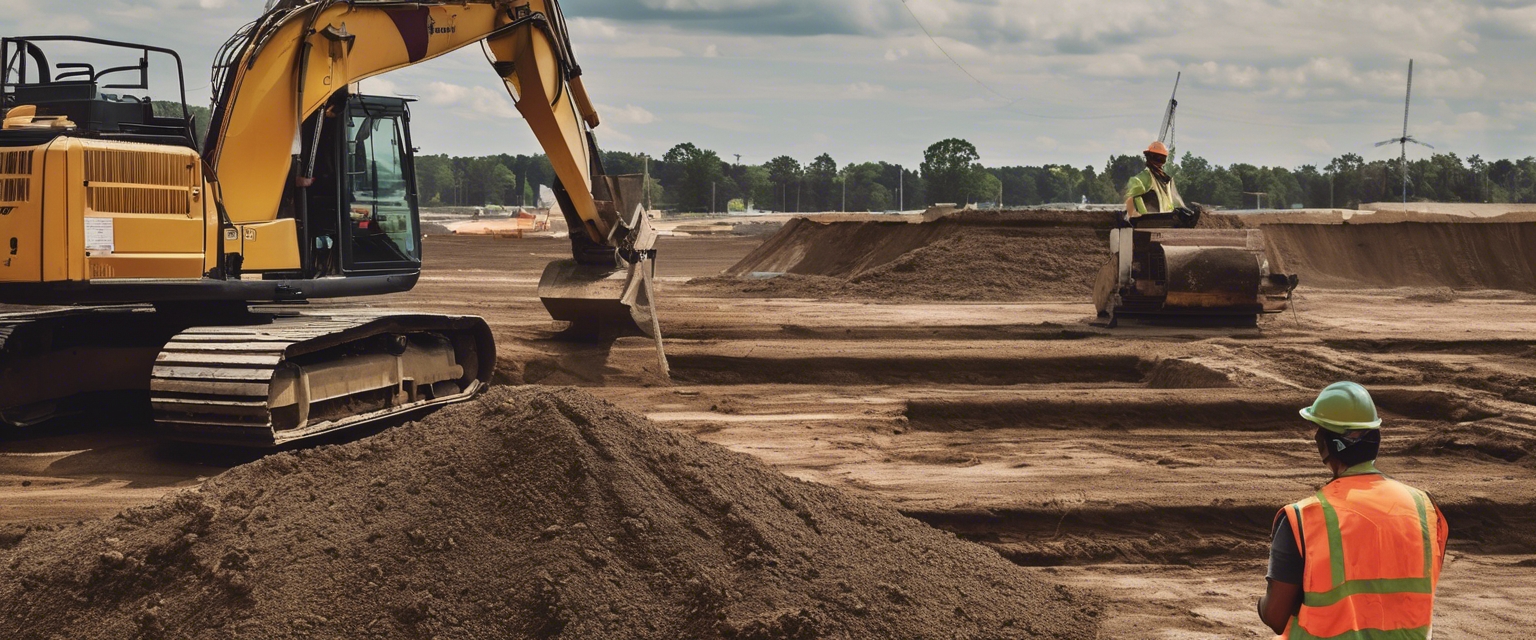How precision planning saves time and money
In the fast-paced world of construction and real estate development, precision planning is a critical component that can significantly impact the success of a project. It involves meticulous attention to detail, strategic foresight, and the use of advanced tools and methodologies to ensure that projects are completed on time and within budget. For companies like MAAPÄRL OÜ, precision planning is not just a service; it's a commitment to excellence and efficiency.
2. The Importance of Precision Planning in Construction and Real Estate
Precision planning is the process of meticulously organizing and managing all aspects of a construction or real estate project. It involves detailed scheduling, resource allocation, risk management, and quality control to ensure that every phase of the project is executed flawlessly. This approach is essential for minimizing errors, reducing waste, and achieving optimal results.
The benefits of precision planning are manifold. It enhances project predictability, improves communication among stakeholders, and ensures that all project objectives are met efficiently. By adopting precision planning, companies can avoid costly mistakes, reduce environmental impact, and deliver projects that meet or exceed client expectations.
3. How Precision Planning Saves Time
Precision planning allows for the creation of detailed project timelines that account for every task and milestone. By having a clear roadmap, project managers can allocate resources effectively and ensure that each phase of the project progresses smoothly. This proactive approach minimizes downtime and keeps the project on track.
Delays are a common challenge in construction and real estate projects. However, with precision planning, potential bottlenecks and risks are identified early, allowing for timely interventions. This foresight helps in mitigating delays and ensures that projects are completed within the stipulated timeframe.
4. How Precision Planning Saves Money
One of the primary advantages of precision planning is its ability to provide accurate budgeting. By analyzing every aspect of the project in detail, companies can forecast costs more accurately and allocate funds where they are needed most. This prevents budget overruns and ensures that financial resources are used efficiently.
Precision planning emphasizes resource optimization and waste reduction. By carefully planning material procurement and usage, companies can minimize waste and reduce costs. This not only saves money but also contributes to sustainability by reducing the environmental footprint of the project.
5. The Role of Technology in Precision Planning
Technology plays a crucial role in precision planning. Advanced software and tools enable project managers to create detailed plans, monitor progress in real-time, and make data-driven decisions. These technologies enhance accuracy and efficiency, making precision planning more effective.
Data is at the heart of precision planning. By leveraging data analytics, companies can gain valuable insights into project performance and make informed decisions. This data-driven approach ensures that projects are executed with precision and that any deviations are promptly addressed.
6. Implementing Precision Planning in Your Projects
Implementing precision planning involves several key steps: defining project objectives, conducting thorough risk assessments, developing detailed schedules, and continuously monitoring progress. By following these steps, companies can ensure that their projects are executed with precision and efficiency.
While precision planning offers numerous benefits, it also presents challenges. These include resistance to change, lack of expertise, and technological barriers. However, by investing in training, fostering a culture of innovation, and leveraging the expertise of companies like MAAPÄRL OÜ, these challenges can be overcome.






Comments (0)